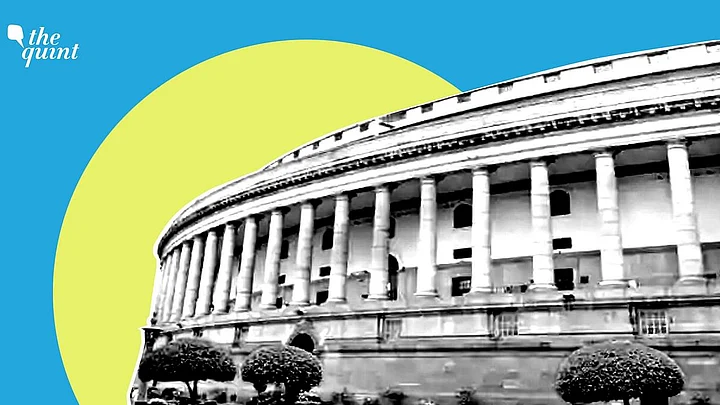In the ongoing Winter Session of Parliament, Supriya Sule, the Member of Parliament representing Baramati constituency, introduced the Pre-Legislative Consultation Bill, 2019, in the Lok Sabha as a private member's bill.
The Bill aims to provide for mandatory pre-legislative consultation mechanisms within each Ministry or Department of the central government.
As the Bill’s statement of objects and reasons lucidly states, the aim of the Bill is to promote community participation in the lawmaking process. This will not only provide for more transparency in lawmaking, but will also create strong and stable laws that take into account multiple perspectives and the felt needs of communities whom the law is designed to impact.
Ever since the introduction of the Pre-Legislative Consultation Policy (PLCP) in February 2014, there has been an increase in the number of draft bills published for public consultation.
From 2014 to 2020, the number of consultations published by the government annually has grown by 506 percent. Yet, the 2014 policy is not complied with in every instance. By virtue of being directive in nature, rather than having a legal backing, the 2014 policy falls short in ensuring effective public consultation.
Public participation in the legislative process isn’t a new phenomenon in our country. Even before the creation of the 2014 policy by the Government of India, multiple legislations such as MGNREGA and RTI have undergone extensive public consultation.
State governments and Urban Local Bodies (ULBs) too have undertaken participatory processes on draft laws and municipal budgets, in cities like Pune and Bengaluru.
The longest standing culture of public consultation comes from the Parliament itself. The standing committees of both Houses of Parliament have regularly invited suggestions from citizens and civil society organisations on bills sent to the committees.
A Step in the Right Direction?
It is in this backdrop that this Bill becomes noteworthy. The Bill mandates government bodies to publish the draft legislation, justification for such legislation, its broad financial implications and an estimated environmental and social assessment of the legislation in the public domain.
It also instructs officials to publish an output document summarising the details of stakeholders identified, inputs received and the reasons for accepting and rejecting the suggestions received.
Apart from prescribing a punitive fine in the event of contravention of the Bill, it envisages setting up a consultation commission along with consultation commissioners to create guidelines for effective consultations and inspect the conduct of public consultations.
Along with the legal frameworks that create a conducive environment for consultation, technological advancements are making such consultations feasible – by reducing the barriers to participation.
In recent times, Civis in partnership with Gramvaani has consulted migrant labourers in two states on upcoming changes to labour regulations, using an interactive voice response based tool called Mobilevaani.
These inputs from the ground carried precise, actionable feedback from the lived experiences of migrant labourers which can be used to make the implementation of the law more effective.
A little goes a long way when it comes to public consultations. Summaries of draft laws, free of legalise, can help one understand the law and share quality feedback.
Forums for discussion can support informed participation in lawmaking. Ultimately, acknowledgment of feedback can itself bolster sustained and continuous dialogue between citizens and the state.
The provisions of the Bill address a multitude of challenges currently inherent in the public consultation process.
It elevates the status of the pre-legislative consultation policy, from a directive policy to a mandatory legal requirement. A number of laws have faced backlash due to a lack of consultation with stakeholders.
It is then perhaps time to ensure that effective consultation becomes a norm in India. This Bill serves as a welcome and long-awaited nudge in the right direction.
(Antaraa Vasudev and Mayank Manish work at Civis. Civis is a non-profit organisation that works to enable effective dialogue between Governments and citizens, on draft laws and policies — using technology to bridge the gap between the two. This is an opinion piece and the views expressed above are the author’s own. The Quint neither endorses nor is responsible for the same.)
